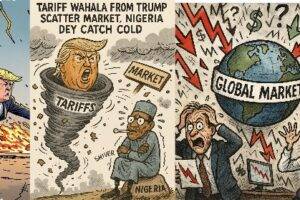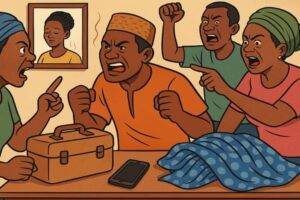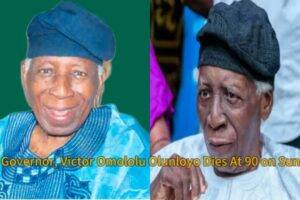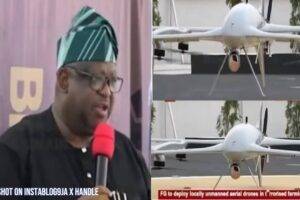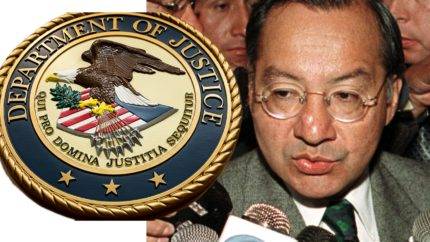Ambassador Rocha– [December 8, 2023] Federal agents in Miami have apprehended Victor Manuel Rocha, a former U.S. ambassador to Bolivia, on charges of espionage and working as an agent of the Cuban government for over four decades. The arrest, announced by the Justice Department, exposes a clandestine operation where Rocha allegedly sought and obtained positions within the U.S. government to access sensitive information for transmission to Havana. Despite the lack of specific details in the charging documents, it is evident that Rocha’s activities may have posed a significant threat to national security.
Ambassador Rocha, who served as the U.S. ambassador to Bolivia, now faces accusations of covertly working against the United States while concurrently professing support for the MAGA movement and former President Trump. This shocking revelation challenges conventional assumptions about the loyalty and activities of high-ranking officials within the U.S. government, raising concerns about the efficacy of background checks and national security protocols.
Undercover Operation Unveils ‘s Double Life
The charging documents reveal an elaborate undercover operation conducted by the FBI, involving an agent posing as a member of the Cuban intelligence service communicating with Rocha through WhatsApp. In these exchanges, the former ambassador reportedly boasted about his extensive collaboration with the Cuban government, shedding light on the nature and duration of his espionage activities. One striking quote from Ambassador Rocha equates questioning his association with Cuban intelligence to questioning his manhood, emphasizing the clandestine nature and apparent pride he took in his covert role.
The admission of Ambassador Rocha‘s decades-long espionage for Cuba during meetings with an undercover FBI agent, posing as a representative of the Cuban General Directorate of Intelligence, underscores the extent of the deception. The revelation raises questions about the effectiveness of counterintelligence measures and the potential implications of Rocha’s actions on U.S. diplomatic relations and national security.
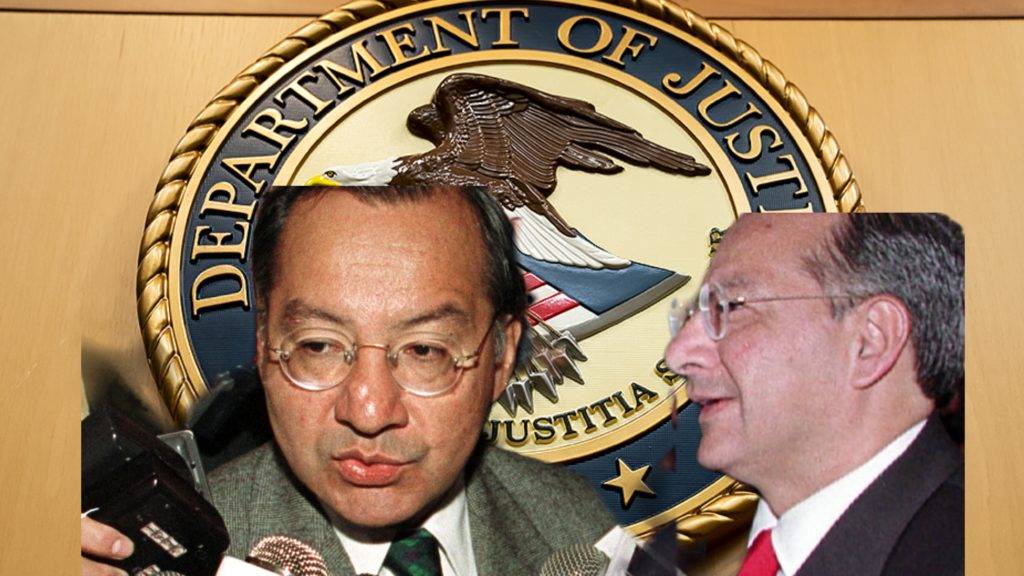
Ambassador Rocha‘s Diplomatic History and Impact on Bolivian Politics
Ambassador Rocha‘s background as the U.S. ambassador to Bolivia adds a layer of complexity to the case. Sworn in on July 14, 2000, Rocha was involved in Bolivia’s presidential race in 2002, where he warned against electing left-wing candidate Evo Morales, threatening to cut off aid. The alleged interference in a foreign election, combined with the espionage charges, paints a picture of a diplomat whose actions may have had far-reaching consequences on regional politics. The anger generated among Bolivians and Morales’ subsequent victory highlight the potential consequences of foreign interference on democratic processes.
Cuban Espionage: A Long-Term Investment in Intelligence Services
The revelation of Ambassador Rocha‘s recruitment by the Cuban government as a teen speaks to the extensive and sophisticated nature of the Cuban intelligence apparatus. The historical context of Cuba investing heavily in intelligence services, particularly targeting the United States, underscores the gravity of the situation. Rocha’s alleged recruitment and subsequent career within the U.S. State Department suggest a strategic, long-term approach by the Cuban government in infiltrating key positions to gather intelligence.
The case serves as a stark reminder of the persistent threat posed by foreign intelligence agencies and their willingness to invest time and resources in recruiting individuals with potential influence. The sophistication of Cuban intelligence in cultivating Rocha over the years raises concerns about the adequacy of U.S. counterintelligence efforts and the need for a comprehensive review of security protocols.
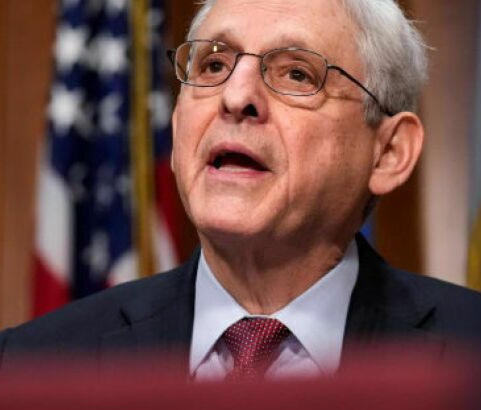
National Security Implications and the Need for Vigilance
As the Ambassador Rocha case unfolds, the potential national security implications cannot be understated. The need for a thorough investigation into the extent of information passed to the Cuban government and its potential impact on U.S. interests is paramount. Additionally, this incident highlights the imperative for enhanced vetting processes for individuals in sensitive government positions. The Rocha case serves as a wake-up call for authorities to reassess and strengthen protocols to safeguard against infiltration by foreign intelligence agencies, emphasizing the ongoing importance of vigilance in the face of evolving global threats.
Table of Contents
Discover more from OGM News NG
Subscribe to get the latest posts sent to your email.





